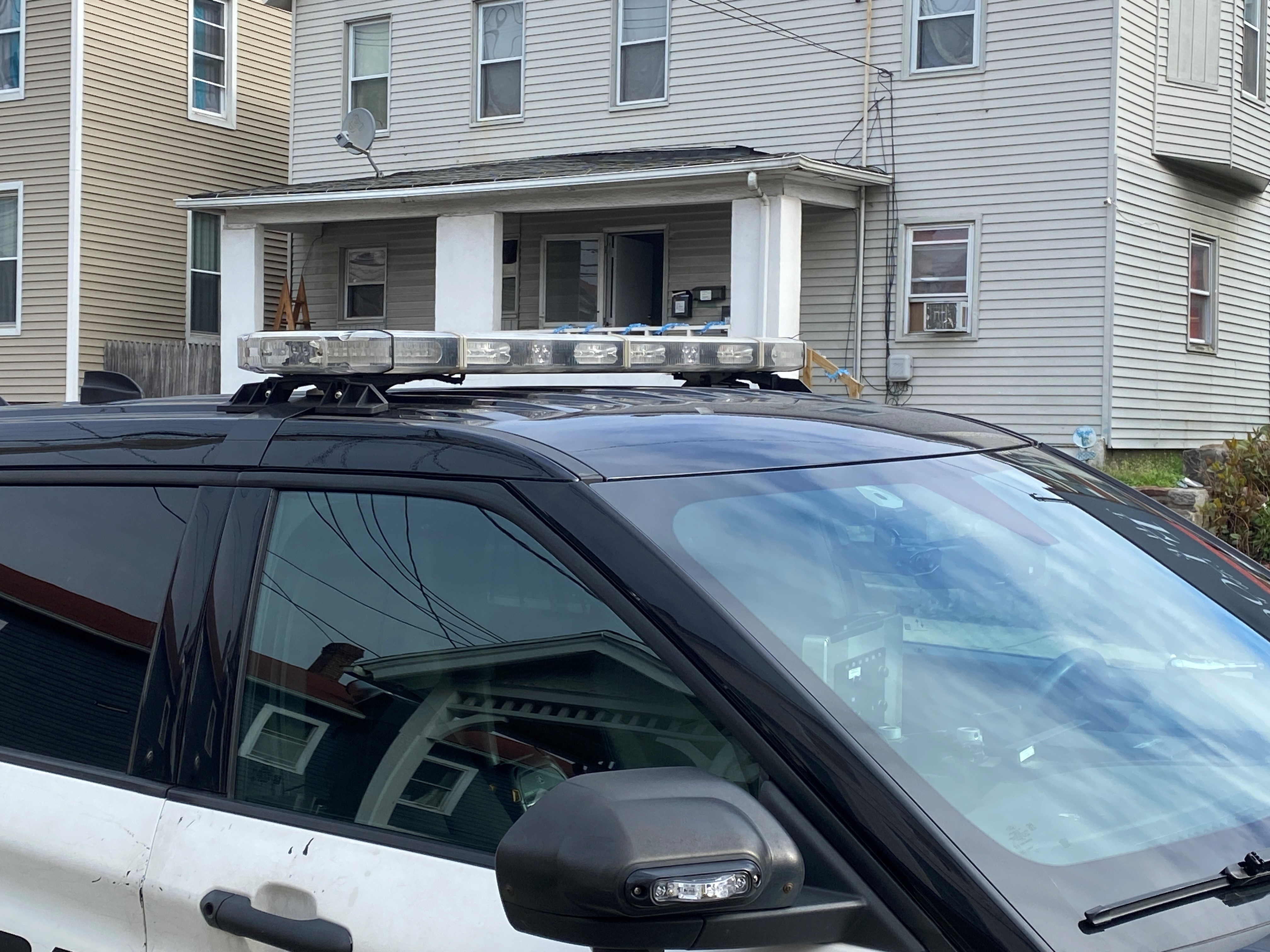Along strict party-line votes, the Connecticut General Assembly approved a pension refinancing that was negotiated by Governor Dannel Malloy's administration last year.
Since it was a deal regarding the State Employee Bargaining Coalition, it would have either gone into effect immediately after Friday, or it required an up or down. House Democrats narrowly approved it, and then, for the first time in 2017, Lieutenant Governor Nancy Wyman broke a 17-17 tie between Democrats and Republicans in the State Senate.
Earlier in the day, there was serious discussion about Republicans derailing the pension agreement, due to their objections that the refinancing plan wasn't comprehensive enough.
The agreement, announced on Dec. 9, 2016, lowered expected investment returns for state employees, reduced annual state payments to the fund, and aimed to fend off a projected $6 billion balloon payment in 2032, that state analysts have described as a kind of fiscal cliff for Connecticut.
Republicans wanted to see union concessions paired with refinancing and they argue alternatives were never considered.
“What’s the rush? This bill hits in 2032," Sen. Len Fasano said. "This is February. We can take time, look at different ways. And if this turns out to be the best way, it turns out to be the best way.”
Fasano of North Haven, the Republican President Pro Tem, and Rep. Themis Klarides, said they didn't receive information regarding the agreement until last week, as the deal passed a committee with Republican and Democrat votes.
Local
Fasano said if the main goal was to free up money with reduced pension payments in order to the balance the budget, then that was an irresponsible choice.
"I don’t think that’s a good plan for the state. I don’t think it’s a good plan for the union employees because that money should go into the union. That money should go into the coffers and grow.”
Democrats accused Fasano of double-speak, and said it was purely political to wait until the day of the vote to start throwing out possible options.
Sen. Martin Looney of New Haven said, "It just seems to me that this is an unfortunate failure of willingness to govern in an organized, responsible, bipartisan way.”
Sen. Bob Duff of Norwalk, the Majority Leader, went even further, saying, “This is really the first chance Republicans had to govern and they failed.”
Malloy had said earlier in the day that if Republicans were successful in their effort to block the package from passage, then they would be the ones with the task of coming up with a new deal.
"If they break it, they own it," Malloy said.



